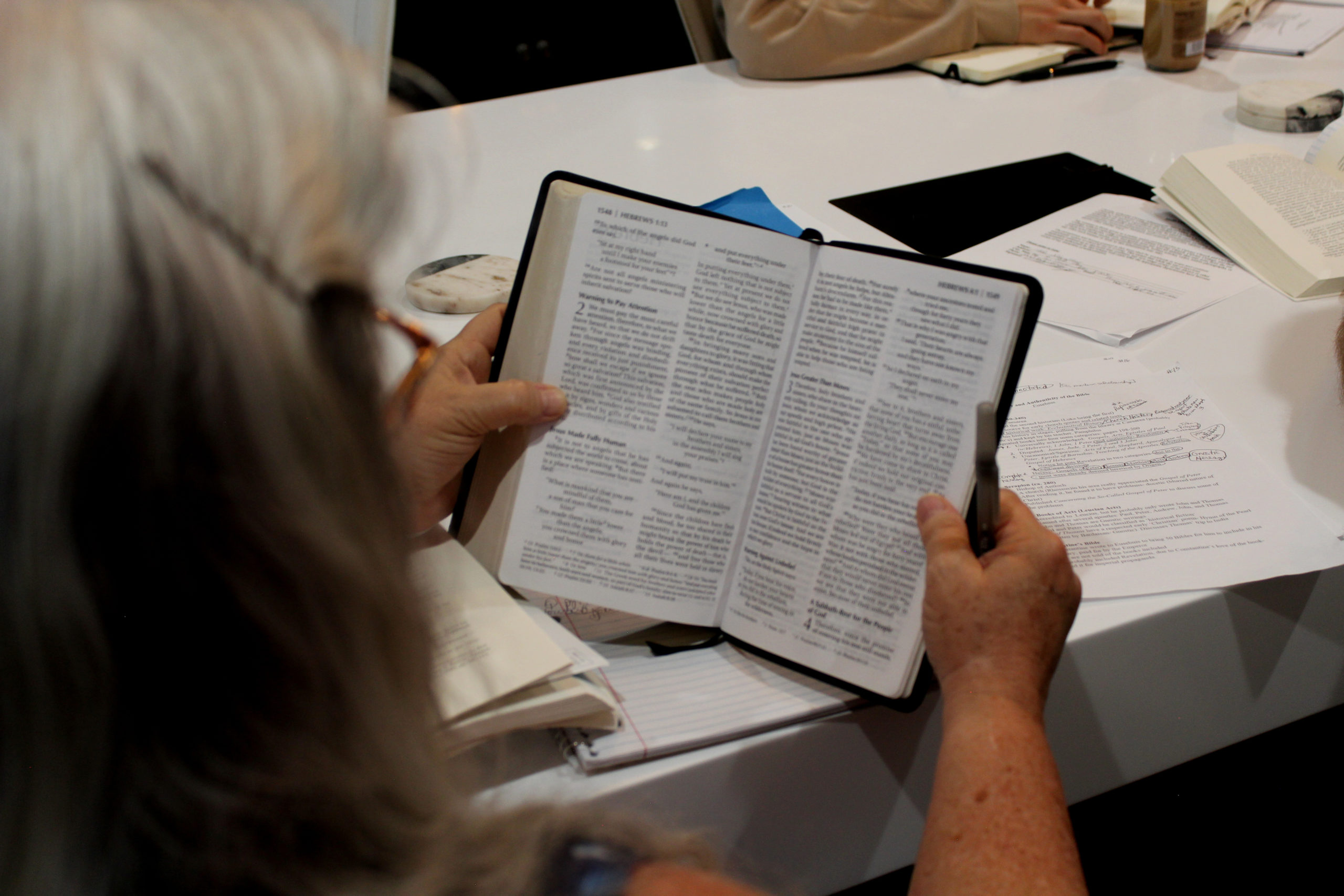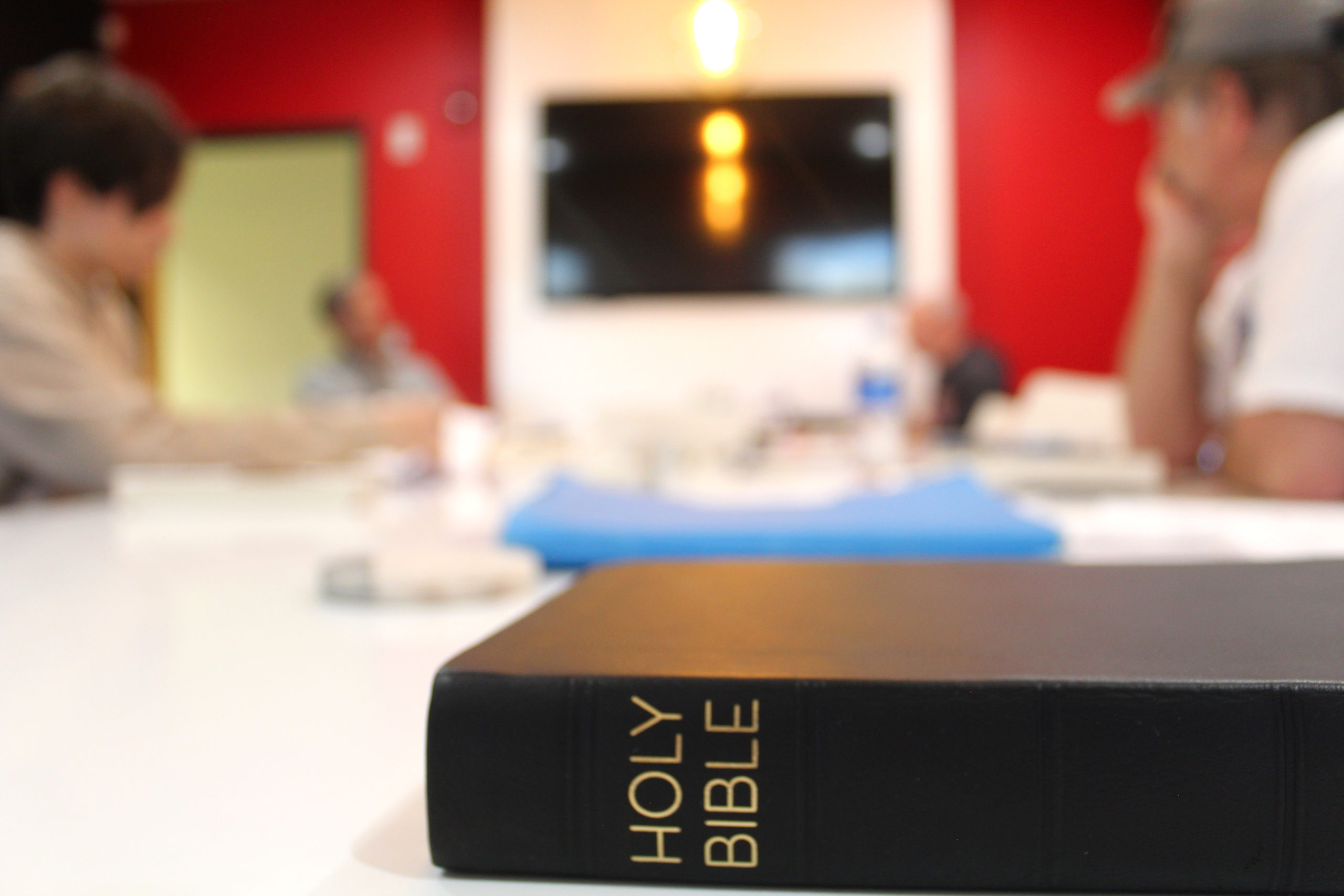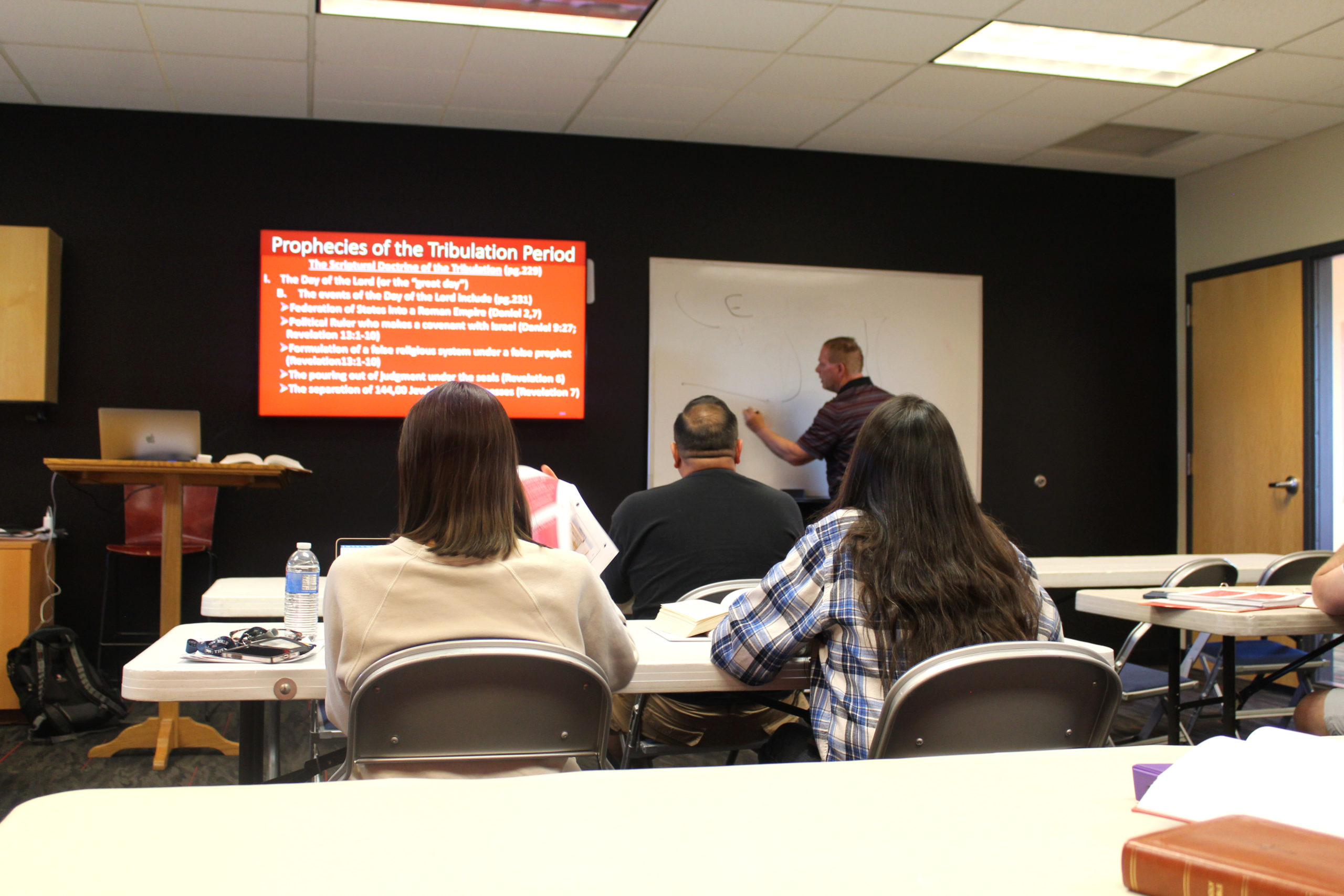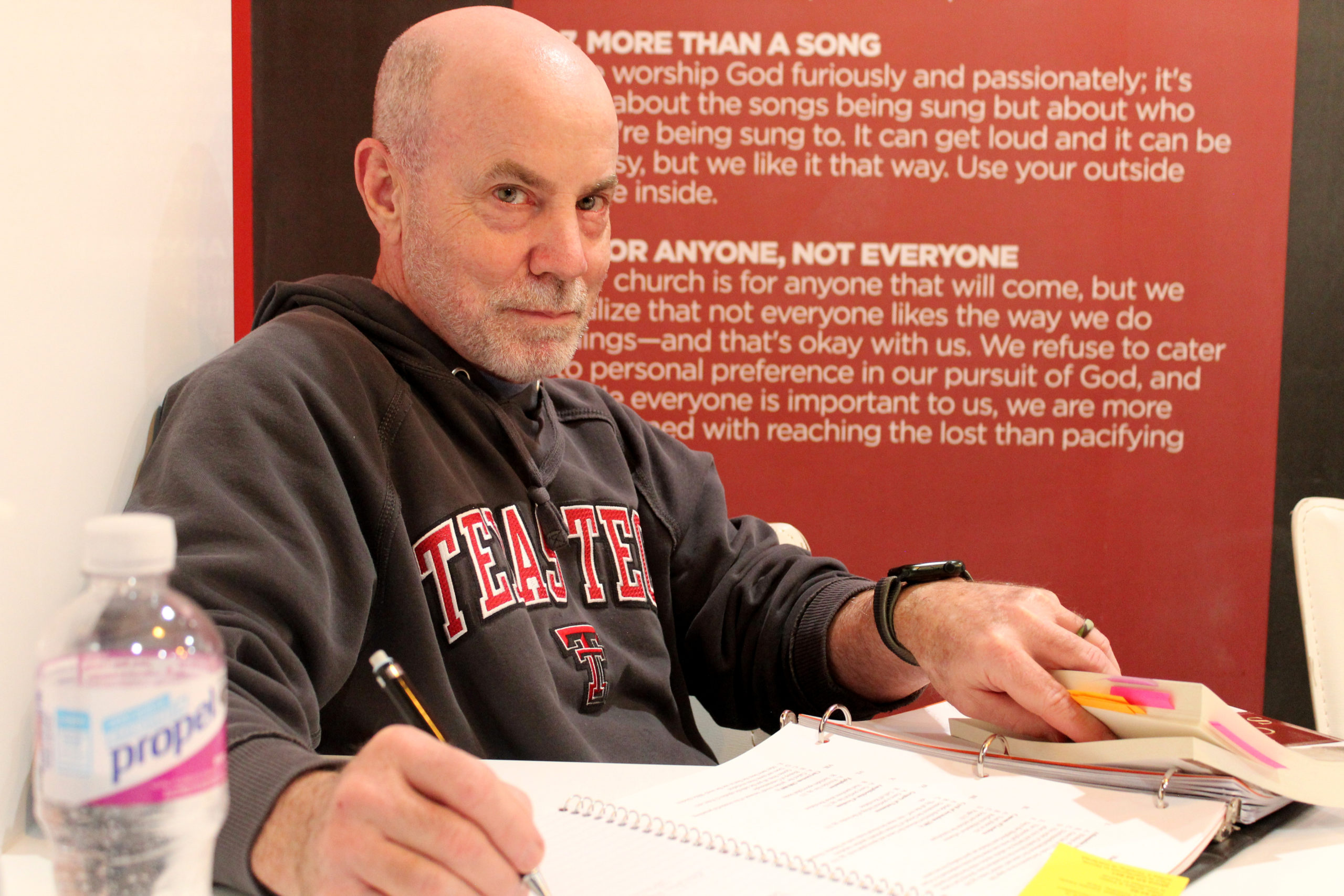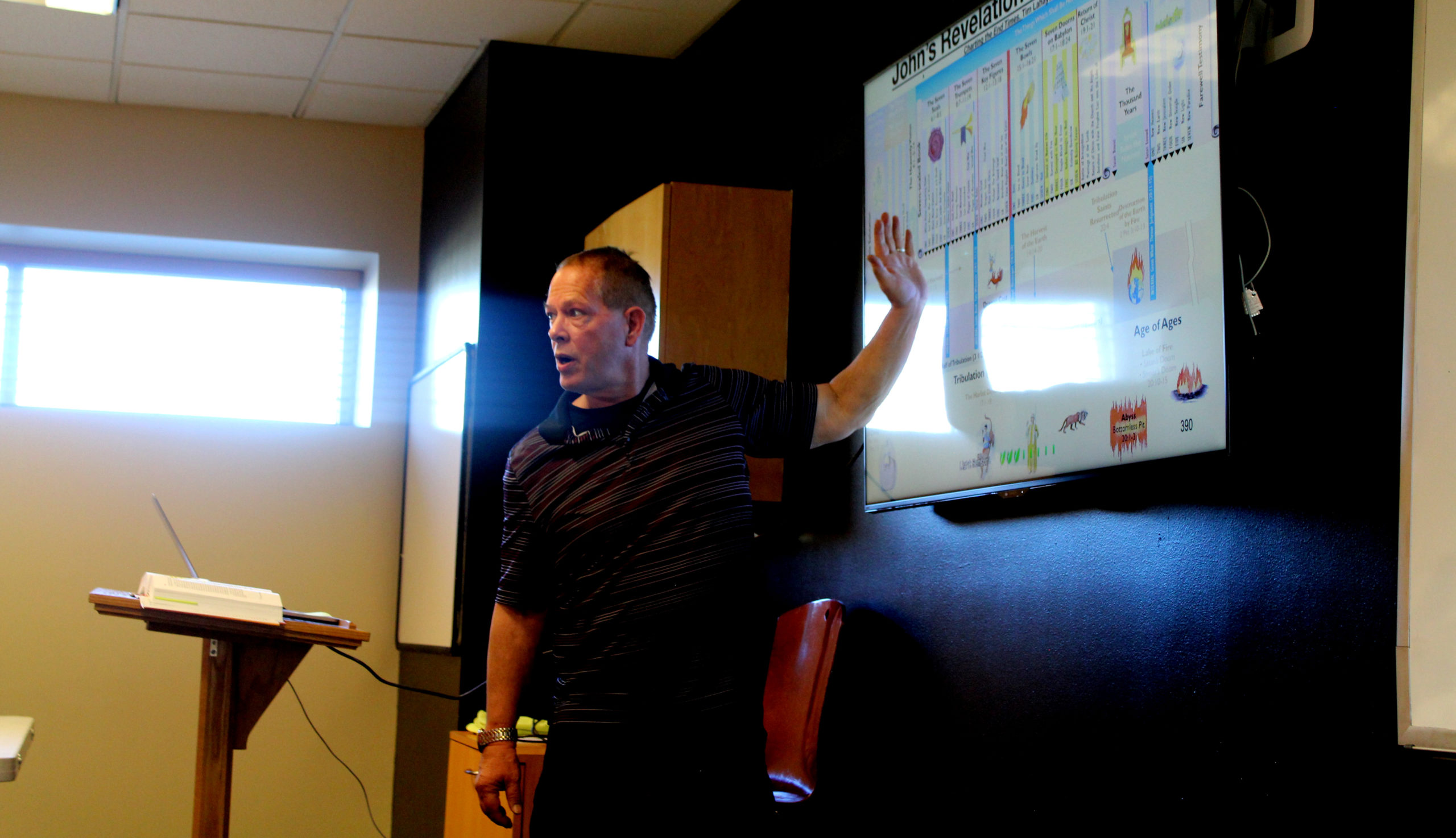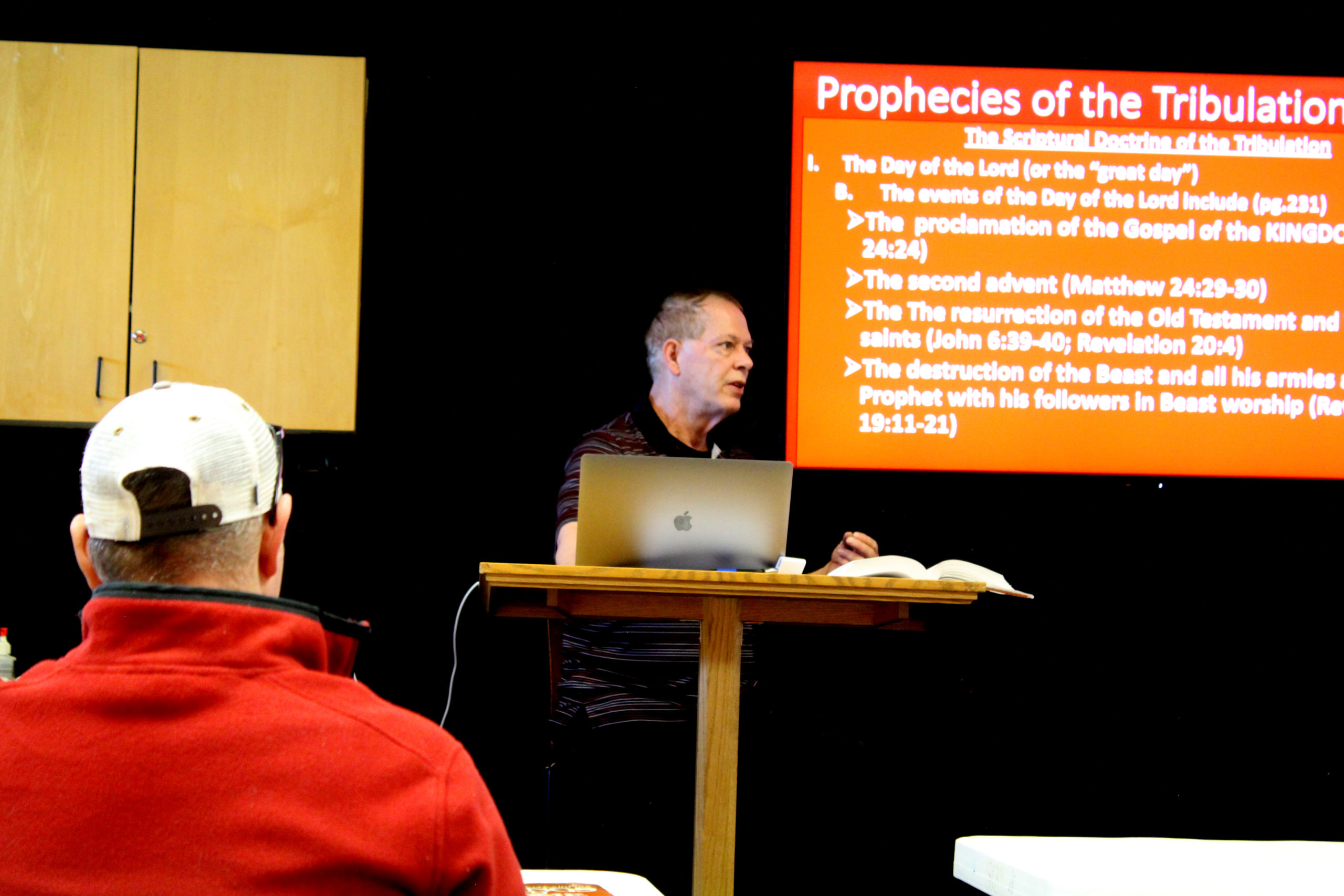Grow in your knowledge of the Bible
Study to Show
Yourself Approved
Get your education in biblical studies at Calvary College.
Calvary College
Calvary College is excited to offer three distinct ways to get the Bible education you’ve been dreaming of.
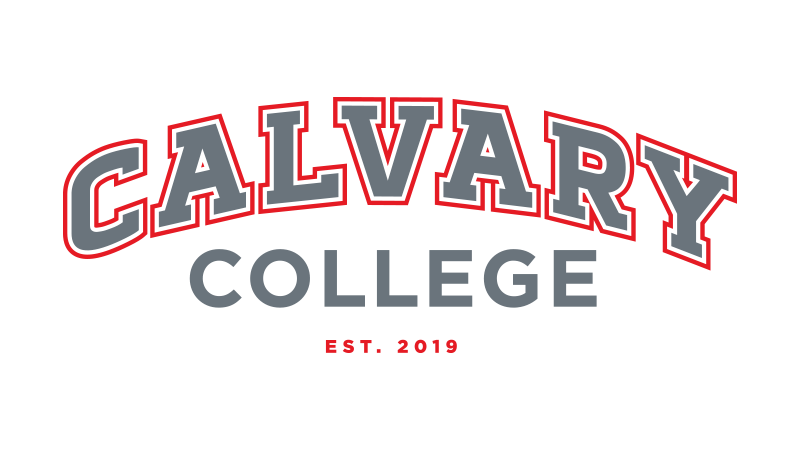
Online Classes
Calvary College offers online classes, which must each be completed within sixteen weeks. This is ideal for students who prefer directed self-study with the flexibility of online classes.
All BA-level Bible classes are three units.
All MA-level Bible classes are three units.
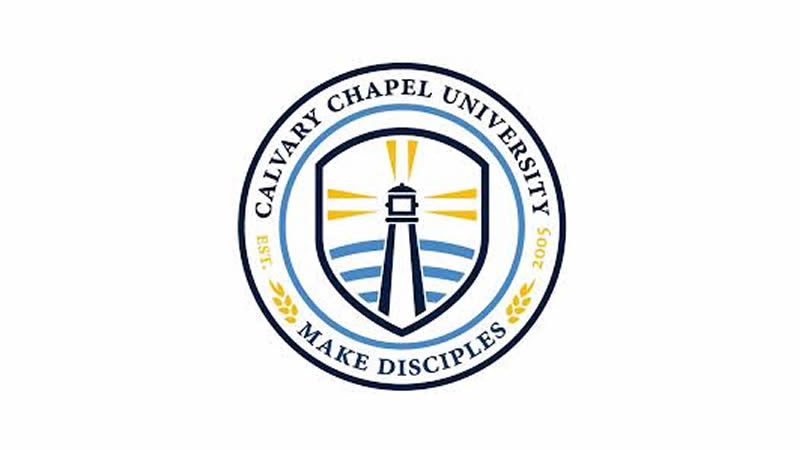
Calvary Chapel University
Calvary College and Calvary Chapel University (CCU) have formed a partnership that provides the opportunity for individuals to take their life’s purpose to a whole new level with a degree in biblical studies. This combination of online and on-site classes trains students to study the Bible academically, think about it critically, and serve God practically. Online classes can be taken anytime.
CCU offers accredited degrees, dual credit for high school, and life credit for applicants. Financial aid is available and transfer credits are accepted for most Calvary College classes.
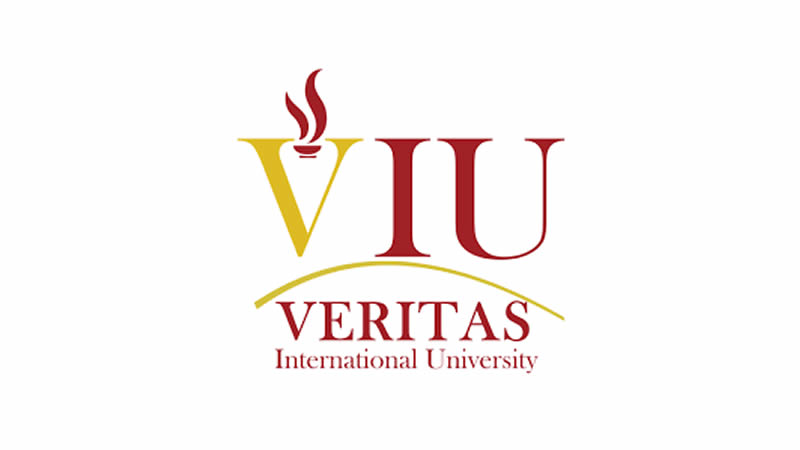
Veritas International University
Our continued partnership with Veritas International University (VIU) allows students to take classes 100 percent online while pursuing a degree.
VIU offers accredited bible degrees and certifications. Veteran benefits are available.
Leadership
Calvary College is led by theologians who are passionate about the text of the Bible and have devoted their lives to its exposition, examination, and explanation.

Skip Heitzig, D.Min, D. Phil
Skip Heitzig is the president and CEO of Calvary College.

Nelson Walker, M.A., THD
Nelson Walker is the dean at Calvary College.

Brian Nixon, M.A, D. Phil.
Brian Nixon is the chief academic officer of Calvary College.

Donna Betzner, A.A.S.
Donna Betzner is the registrar for Calvary College.
Testimonies
About Calvary College
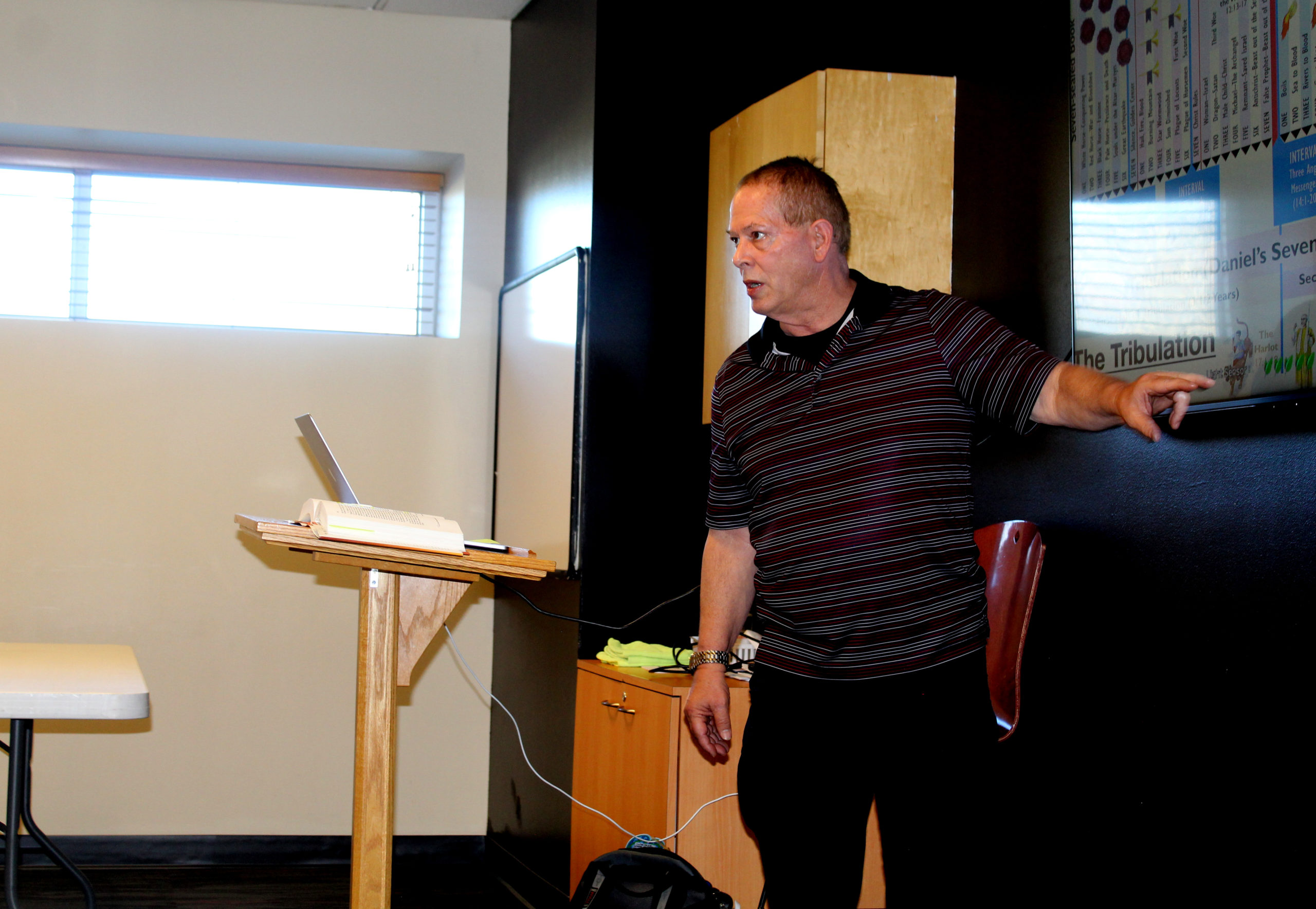
Exposition
Calvary College students will study the text of the Bible, learning the art and science of biblical exposition while reading and reflecting on the Bible as God’s specific revelation to humanity, the truth of God made manifest in written form.

Examination
Students will be instructed to examine and interpret the Bible according to its historical-grammatical context, as well as learn biblical doctrines pertaining to life and godliness.
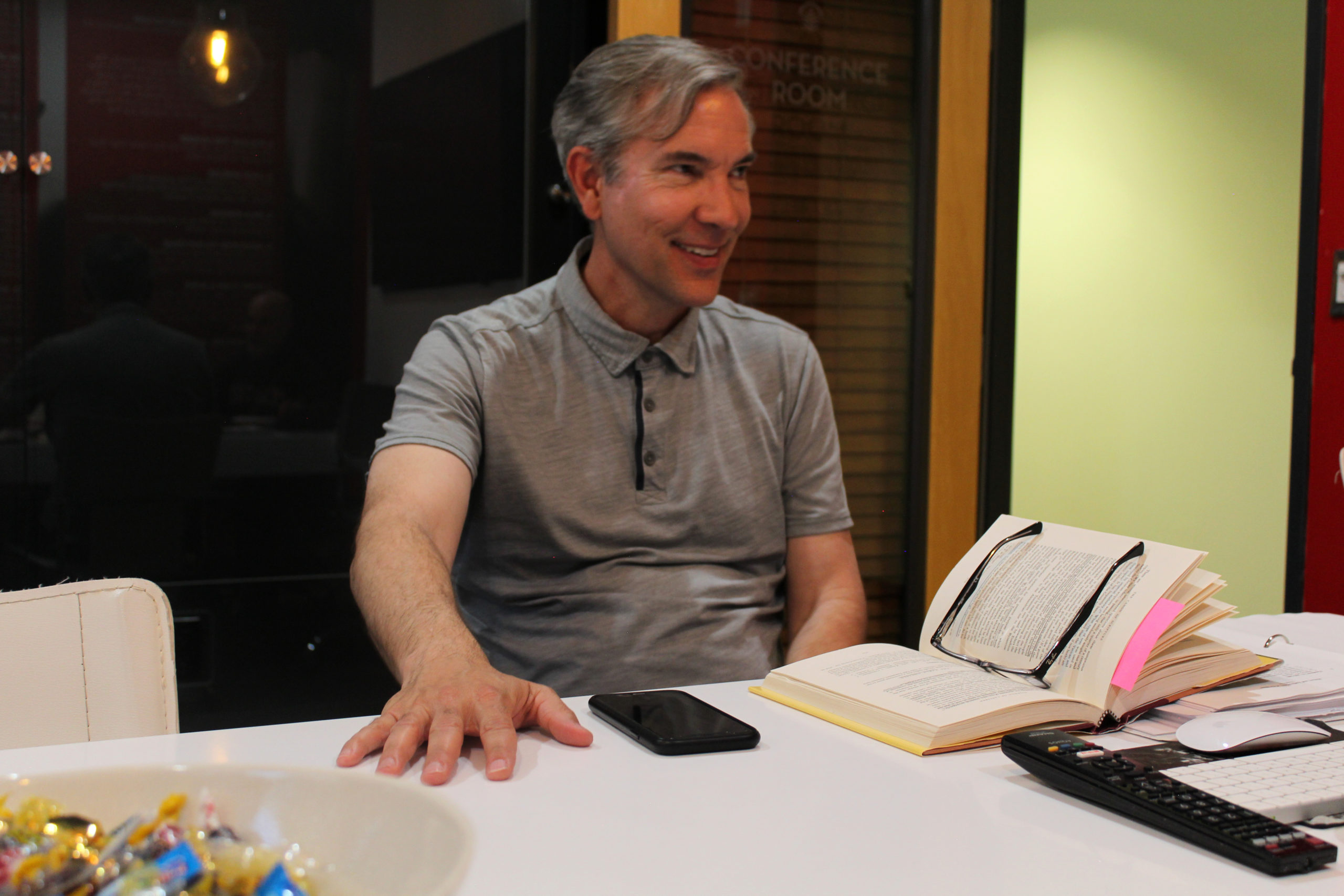
Explanation
Through the practical application of preaching and communication, students will learn biblical study preparation, preaching, and teaching techniques.
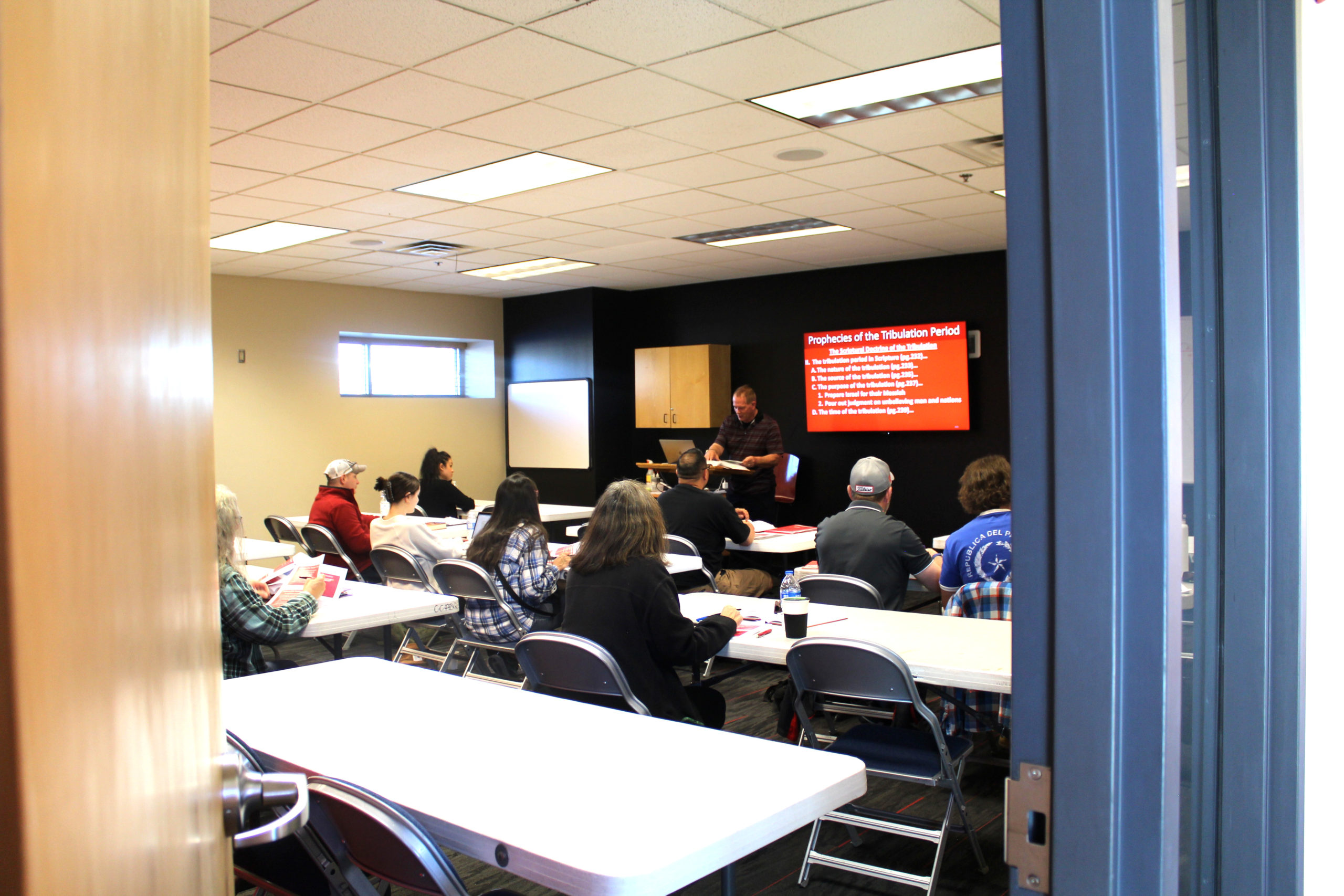
Courses of Study
Calvary College classes are not accredited, but upon completion they are covered by accreditation when transferred to CCU. CCU offers accredited BA and MA degrees. VIU offers BA through doctorate degrees.

Apply Today
Submit a completed application and a $75 application fee to secure enrollment for the academic semester.
Learn the Bible
Isn’t this what you have been praying for?
Calvary College offers you the flexibility to get your education in a way that works with your schedule. With so many opportunities to pursue your biblical studies, why are you waiting?
Online Classes
BA Level Courses: 3 credit units each
BIB201 – Old Testament Survey
This course will examine the historical background, cultural context, and theological contribution of each Old Testament book. It provides an introduction to the authorship, contents, and major themes of each Old Testament book.
BIB202 – New Testament Survey
This course will examine the historical background, cultural context, and theological contribution of the Gospels, Acts, the Epistles, and Revelation.
BIB204 – Genesis
Genesis: The book of beginnings. Genesis is also the first book of Theism. This first book penned by Moses is filled with history and miracles. This course will explore exegesis, apologetics, prolegomena, and foundational theology.
BIB227 – Daniel
This course will examine the historical background, cultural context, as well as the overall theological contribution of Daniel to God’s progressive revelation. Special attention will be given to the prophetic content of Daniel and its eschatological timelines.
BIB220 – Matthew
This course will examine the “bridge” gospel between the Old and New Testaments with an overview of the fulfilled Old Testament prophecies, historical background, cultural context, as well as Matthew's overall theological contribution to the New Testament within God’s progressive revelation. Special attention will be given to Matthew's emphasis on Jesus, the predicted Messiah.
BIB324A - John 1-11
The book of John presents a unique, up close and personal look at the life of Christ, focusing on Jesus as God Incarnate. This course is the first of a two-part, thorough study of each of John's 879 verses. Included in this study are eyewitness accounts of Christ's ministry, His death, His resurrection, and the abundant life found only in His name.
BIB324B - John 12-21
In the final part of this two-part study the themes from the previous course are continued, namely, a focus on Jesus as God Incarnate as well as eyewitness accounts of Christ's ministry, His death, His resurrection, and the abundant life found only in His name.
BIB274 – Romans
This course will examine the historical background, cultural context, and the overall theological contribution of the book of Romans to the New Testament within God’s progressive revelation. This course also provides an introduction to the timelines, authorship, contents and main themes of one of Paul's most-loved epistles.
BIB266 - Revelation
This course will examine the historical background, cultural context, and the overall theological contribution of Revelation to the New Testament within God's progressive revelation. This course utilizes a literal, dispensational, hermeneutic as it provides an introduction to the timelines, authorship, contents, and main themes of this book.
BIB303 - Theology I
Theology I covers primary categories of theology according to their historical development and engages in nuanced distinction within the major theological systems: Theology Proper, Bibliology, Trinitarianism, Christology, Pneumatology, and Angelology.
BIB304 - Theology II
Theology II covers six areas of theology according to their historical development and engages in nuanced distinction within the major theological systems: Anthropology, Hamartiology, Soteriology, Ecclesiology, and Eschatology.
BIB305 - Acts
The book of Acts, written by Paul's travelling companion, Luke, is the earliest known history of the church ever written. This course is a survey of that foundational work.
BIB317- I Corinthians
Several years after establishing the church in Corinth, the apostle Paul heard troubling reports that pride, division, and immorality had corrupted this influential fellowship. In response, he wrote his first epistle to the Corinthians to help anchor them back to Christ. In this verse-by-verse study of 1 Corinthians, Skip Heitzig explores the transforming power of the gospel, sharing how Jesus' resurrection empowers you to live faithfully and shine God's love in the world.
MA level Courses: 3 credit units each
BIB501 – Old Testament Survey
This Master's level course will examine the historical background, cultural context, and theological contribution of each Old Testament book. It provides an introduction to the authorship, contents, and major themes of each Old Testament book.
BIB580 – Jesus and the Early Church
This Master's level course is the first of a two-part, in depth study of Matthew through Acts. This course will examine the historical background, cultural context, and theological contribution of the Gospels and Acts. It provides an introduction to the timelines, authorship, contents and main themes of each included New Testament writing.
BIB581 – Paul and the Latter Church
This Master's level course is the final part of a two-part, in depth study of the New Testament. This course will examine the historical background, cultural context, and theological contribution of Romans through Revelation. It provides an introduction to the timelines, authorship, contents, and main themes of each included New Testament writing.
BIB504 – Genesis
Genesis: The book of beginnings. Genesis is also the first book of Theism. This first book penned by Moses is filled with history and miracles. This Master's level course will explore exegesis, apologetics, prolegomena, and foundational theology.
BIB527 – Daniel
This Master's level course will examine the historical background, cultural context, as well as the overall theological contribution of Daniel to God’s progressive revelation. Special attention will be given to the prophetic content of Daniel and its eschatological timelines.
BIB520 – Matthew
This Master's level course will examine the “bridge” gospel between the Old and New Testaments with an overview of the fulfilled Old Testament prophecies, historical background, cultural context, as well as Matthew's overall theological contribution to the New Testament within God’s progressive revelation. Special attention will be given to Matthew's emphasis on Jesus, the predicted Messiah.
BIB524A - John 1-11
The book of John presents a unique, up close and personal look at the life of Christ, focusing on Jesus as God Incarnate. This Master's level course is the first of a two-part, thorough study of each of John's 879 verses. Included in this study are eyewitness accounts of Christ's ministry, His death, His resurrection, and the abundant life found only in His name.
BIB524B - John 12-21
In the final part of this Master's level, two-part study the themes from the previous course are continued, namely, a focus on Jesus as God Incarnate as well as eyewitness accounts of Christ's ministry, His death, His resurrection, and the abundant life found only in His name.
BIB574 – Romans
This Master's level course will examine the historical background, cultural context, and the overall theological contribution of the book of Romans to the New Testament within God’s progressive revelation. This course also provides an introduction to the timelines, authorship, contents and main themes of one of Paul's most-loved epistles.
BIB566 – Revelation
This Master's level course will examine the historical background, cultural context, and the overall theological contribution of Revelation to the New Testament within God's progressive revelation. This course utilizes a literal, dispensational, hermeneutic as it provides an introduction to the timelines, authorship, contents, and main themes of this book.
BIB503 - Theology I
This Master's level theology course is the first of two courses covering primary categories of theology according to their historical development and engages in nuanced distinction within the major theological systems. This course explores: Theology Proper, Bibliology, Trinitarianism, Christology, Pneumatology, and Angelology.
BIB504 - Theology II
This Master's level course is the final part of a two-part theological study covering primary theological concepts according to their historical development and engages in nuanced distinction within the major theological systems. This course explores: Anthropology, Hamartiology, Soteriology, Ecclesiology, and Eschatology.
BIB574 – Romans
This Master's level course will examine the book of Acts, the premier source for early church history, written by Luke, Paul's travelling companion.
BIB517– I Corinthians
In this Master's level verse-by-verse study of 1 Corinthians, Skip Heitzig explores the transforming power of the gospel, sharing how Jesus' resurrection empowers you to live faithfully and shine God's love in the world.

Important Dates
Fall 2025 Term:
Fall 2025 Applications Open: May 2025
Final Date for Applications: August 08, 2025
Final Registration Date: August 25, 2025
First Day of Classes: August 11, 2025
Finals Week: December 15-19, 2025
End of the Semester: December 19, 2025
Spring ’26 Applications Open: Nov 2025
Calvary Church
We are a fellowship of believers who pursue the God who is passionately pursuing a lost world; we do this by connecting with one another, through worship, by the Word, to the world.






Our Mission
Connect Up
We express our adoration of Jesus through dynamic worship and uncompromised obedience.
Connect In
We explain the relevance of the Bible to empower and transform lives for service.
Connect Out
We extend hope to a hurting world by proclaiming the gospel and demonstrating Christ’s love.
Community
Calvary College is a community rooted in the text of the Bible, where relevant instruction, relational experience, and real-life application are highly valued. Instruction takes place online.
Questions?
If you did not get all your questions answered, please fill out the form to send your inquiries and we will respond to you as soon as possible.







